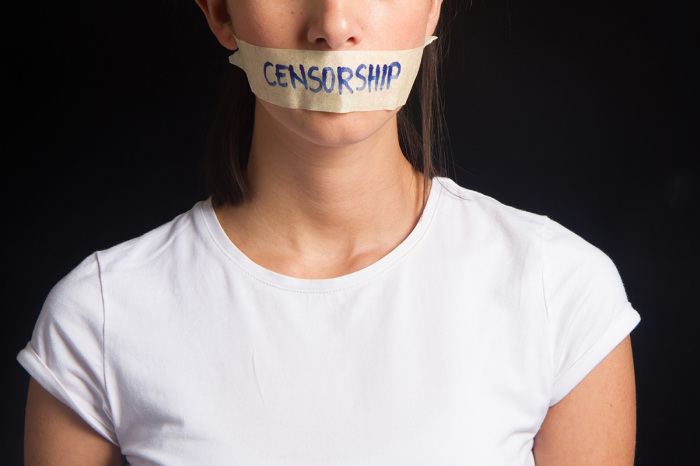1 in 4 Irish fear losing right to free speech: poll

A new poll shows a growing concern among the Irish populace about the potential erosion of free speech rights, with one in four respondents feeling restricted in their ability to express views in social and professional environments. This sentiment emerges as the Irish parliament debates sweeping new “hate speech” legislation, which critics fear could severely impact free expression.
According to the survey by the legal advocacy group ADF International, conducted by Whitestone Insight, an overwhelming 90% of participants stated that free speech is “very important” to them. The timing is crucial as discussions in the Irish Parliament about the proposed legislation coincide with these public concerns.
The survey involved 1,027 adults in the Republic of Ireland from March 15-20, ADF International said in a statement announcing the results.
Lorcan Price, an Irish barrister and legal counsel for ADF International, criticized the proposed legislation at the Ireland Free Speech Summit in Dublin, describing it as one of the “worst examples of censorship in the modern West.” Price said the bill lacks a clear definition of “hate,” potentially allowing the state to arbitrarily censor opposing views.
The proposed Hate Speech Bill includes provisions such as making it an offense to possess materials that could incite hatred, with penalties including up to five years in prison. Further, the bill could compel individuals to surrender passwords for electronic devices during investigations, sparking significant privacy concerns.
Critics from various sectors were vocal at the summit, pointing out the global repercussions of the bill, especially considering Ireland’s status as a hub for international social media companies. Michael Shellenberger, an author and journalist, noted that the bill’s vague bans could give authorities extensive control over acceptable viewpoints, potentially impacting global online discussions.
The summit, organized by Free Speech Ireland with support from ADF International, featured a diverse group of speakers including independent Senators Rónán Mullen and Sharon Keogan, Cambridge associate professor James Orr, and others, like feminist campaigner Laoise de Brún and “Father Ted” screenwriter Graham Linehan. Participants spoke about the importance of maintaining a free and open public discourse, arguing against the bill’s potential to stifle debate.
Amid the senate’s discussion of the controversial Criminal Justice (Incitement to Violence or Hatred and Hate Offences) Bill 2022, supporters argue that updated hate-speech protections are necessary to align with societal and social media evolutions.
In a debate in the Senate last week, Irish Green Party Senator Pauline O’Reilly sought to justify the proposed law. “If a person’s views on other people’s identities make their lives unsafe and insecure, and cause them such deep discomfort that they cannot live in peace, our job as legislators is to restrict those freedoms for the common good,” The Telegraph quoted her as saying. “One cannot do and say whatever one likes in our society.”
However, opponents, including figures like Donald Trump Jr. and Elon Musk, have expressed severe reservations, labeling the measures as “insane” and “very concerning.”
The legislation seeks to extend hate speech protections to include gender identities, raising concerns among campaigners like Helen Joyce, who fears that the law could criminalize expressions deemed as inciting “hatred” toward specific groups without a clear definition of the term.
Speaking to The Christian Post earlier, Alliance Defending Freedom CEO Kristen Waggoner said, “What we’re seeing is a global trend toward censorship. She warned that the United States was “not immune to authoritarian impulses.”
“And it’s not just a disregard for free speech; it’s an active targeting to silent speech by the government,” she added.




























